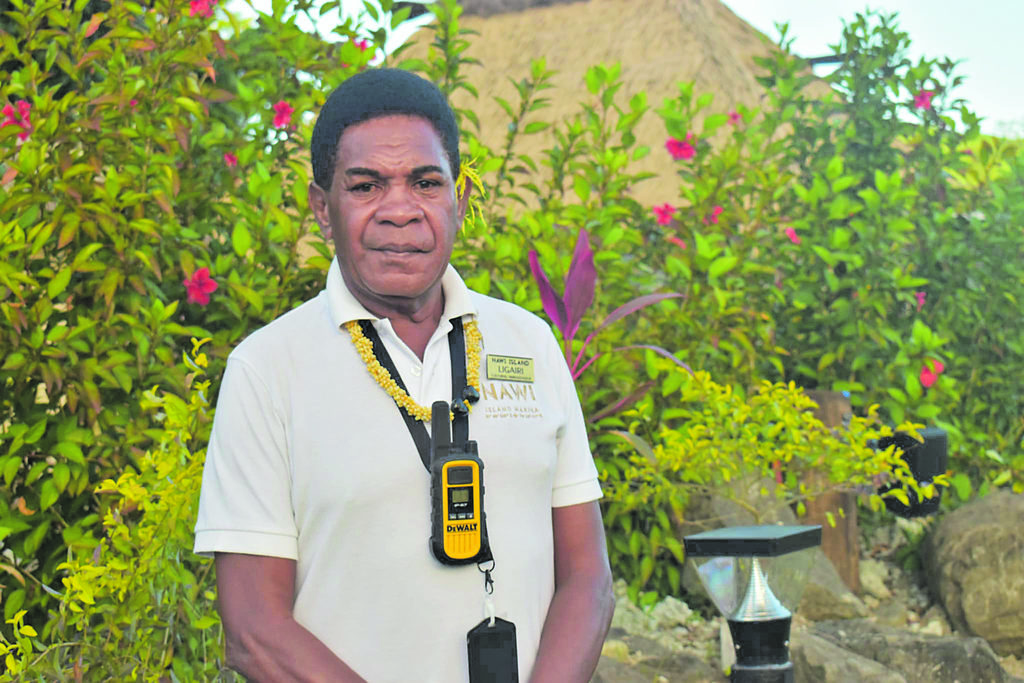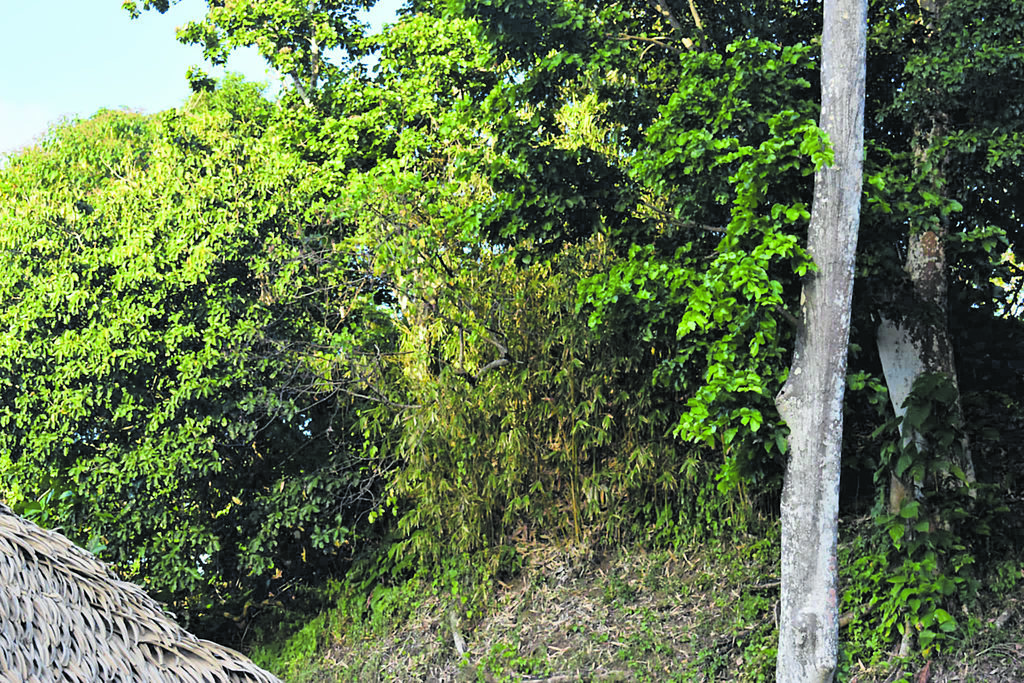On Nawi Island in Cakaudrove Province stands an ancient bamboo plant.
It is not just a plant, but a living part of the island’s history.
According to our tour guide Losefati Ligairi, the bamboo was thrown onto the island by a demigod from Naitasiri and has been growing there for thousands of years.
“The bamboo you see is part of our history. It has been here for centuries, and it is a symbol of our island’s past, which is still alive today,” Mr Ligairi said.
But the bamboo plant’s significance goes beyond its age.
Mr Ligairi said it was deeply tied to a long-standing traditional rivalry or veitauvutaki between the people of Naitasiri, on Viti Levu, and those of Vanua Levu.
“We have a friendly rivalry with Naitasiri,” he said.
“It has been going on for generations, but it is not one of anger or hate. It’s a rivalry built on mutual respect, and not about who is better or stronger.
This rivalry is also linked to sacred places on the island, such as hot springs, which are important to the people of both regions.
“The bamboo plant, just like the hot springs, is part of the old stories that shape our culture. These are not fairytales, but important legends that guide our beliefs and actions.”
Mr Ligairi said indigenous Fijians, who arrived on the island around 3000 years ago, brought with them their language, customs and beliefs in spirits and gods.
“Our ancestors worshipped demigods or kalouvu. They believed that the land, the trees and the water were all sacred and connected to the gods.”
He said the bamboo plant on the island was considered part of this sacred connection.
“It is a living link to our past, which is why it has never been disturbed.
“It has been here for centuries, and it is an important part of who we are.”
In a world that changes quickly, Mr Ligairi said the bamboo plant stands firm, representing the strength of tradition.
“The bamboo plant is a reminder of where we come from. Even as the world around us changes, this plant remains, just like our culture and our beliefs.”
Mr Ligairi and others in the community are committed to protecting it, not only for the sake of tourism but also to preserve their identity.
“We must protect our origins and our traditions.
“The bamboo plant is a symbol of our past, and we must ensure future generations continue to honour it.”
As Fiji grows in popularity as a tourist destination, the protection of cultural and sacred sites becomes even more important.
Many visitors come to learn about the history and culture of Fiji, but there is a concern that commercialisation could threaten the preservation of these sacred places.
Local guides, many from nearby Savusavu, lead visitors to the bamboo plant and share its history and meaning.
“When we guide tourists, we tell them the stories of the bamboo plant, but we also teach them to respect these sacred places. These are not just sites for pictures, they are living parts of our culture.”
The stories that surround the bamboo plant are passed down orally from generation to generation. Unlike written records, these stories are alive, changing and adapting as they are told.
“Our ancestors shared their history through words, not through books; that is how our culture has been passed down, from one generation to the next.”
The history of Nawi Island is deeply intertwined with Fijian culture and heritage.
“Indigenous communities originally inhabited the island, and the island was a focal point in the region due to its strategic location.”
Over the centuries, Nawi Island has witnessed numerous historical events that have shaped its cultural landscape.
Today, traces of this rich history can still be seen, providing a fascinating backdrop to the island’s modern developments.
Today, as tourism continues to grow in Fiji, the people of Cakaudrove are determined to ensure their sacred places, like the bamboo plant, are preserved.
“We must protect our past,” Mr Ligairi said.
“The bamboo plant is a symbol of our connection to the land and each other. And we must make sure it continues to stand strong for generations to come.”
While enjoying the island visit with a $5 boat ride, be sure to ask the tour guide to show you this famous bamboo plant.
If you are from Naitasiri and have been overstaying on Vanua Levu for years and have forgotten what this unique bamboo plant looks like, I suggest that you make a visit to Nawi.
Maybe take a plant and plant it in your backyard.
E sa re!
Nawi staff Losefati Ligairi while giving an interview with this newspaper. Picture: Nacanieli Tuilevuka



